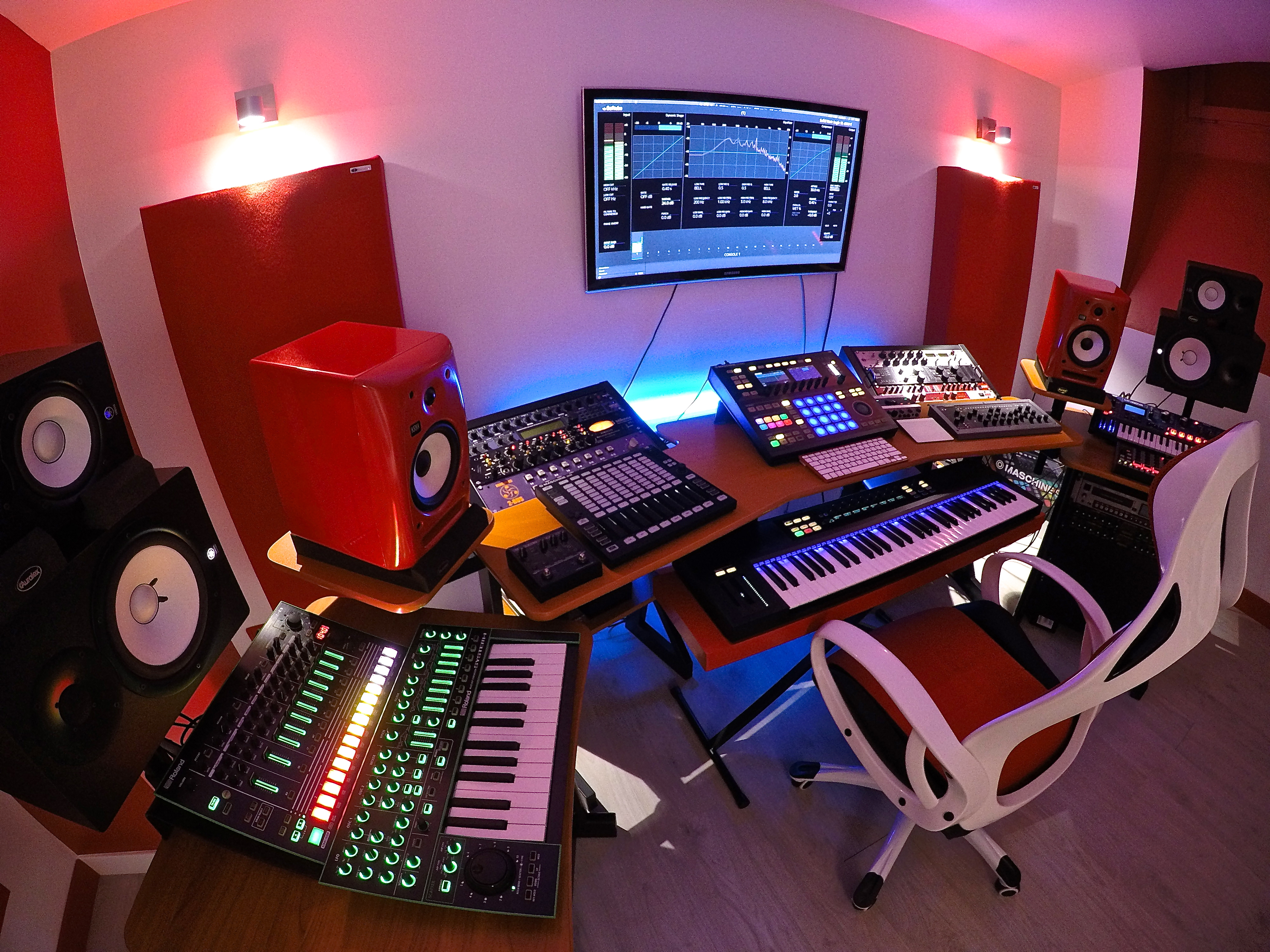Media convergence creates opportunities for black entreprenuership
Today, all traditional media are being threatened by new media platforms that facilitate user-generated content. Radio is being axed by podcasts, viewers tune into Youtube channels for more hours than a television program, print media is being replaced by online magazines and personal blogs, and it has never been easier to record music independently and post it on iTunes. There are new professions arising from the direction media is going. Social media is now considered mass media; blurring the lines between interpersonal and mass communication (Pavlik). This neoliberal approach to mass media and capitalism encourages black entrepreneurship and allows African-Americans to escape a system in which they are oppressed. By this, I mean they are now able to design thriving careers for themselves by creating and posting content that will be seen and heard by many people and actually monetize off of it. Many African-Americans may not be able to afford to attend secondary schooling or have the credentials to get into a good college because of education systems that put them at a clear disadvantage. However, with platforms like Youtube and Soundcloud young black people are able to brand themselves without going to college and may end up making more earnings than those who attended college.
By creating black media content, blacks are framing how they are portrayed in media for themselves. The best example of this is in the case of actress, writer, content creator Issa Rae. She is the creator of HBO’s Insecure. It is the television incarnation of her Youtube web series, Misadventures of Awkward Black Girl (Rubenstein). Her show, amongst others like Atlanta, Black-ish, and Grown-ish is apart of the black television renaissance occuring that is all possible because of the shift that is occuring in media ownership. Today, there is a surge of black women becoming very successful off of Youtube channels. Young black girls have black Youtube stars like Jackie Aina, Shameless Maya, and ItsMyRayeRaye to look up to as a guide to becoming your own brand and business woman. Each of these Youtube personalities have branched off of Youtube to be able to partner with major cosmetic companies and media companies to launch other business endeavors. An article from CNBC.com talks about two young black Youtubers, Nia Wellman and Ayanna Bozeman who are in college but already have careers based off of Youtube. Wellman makes $1000 off of her Youtube channel and $500 per promoted Instagram post. Her content is centered around how to style black naturally curly hair. Bozeman is a vlogger who encourages self love and living life to the fullest potential (Carmon).
As for young black men, many are now able to aspire to break into the music industry without having to be backed by a major recording label. Music streaming apps provide an arena for musicians to put out content independently. We are in an era where people actually know the names of music producers, thanks to artists like Metro Boomin, Zaytoven, and MikeWillMadeIt. Enlisting a network of young black beatmakers, engineers, recording artists, graphic designers, photographers and videographers they are promoting themselves all the way to stardom without signing their lives to way to a major media label. Labels are indeed becoming obsolete, which is bad news for big media companies that own labels such as Warner Music Group, EMI Group, Sony, and Universal Music Group (Kessler). Traditionally, labels paid for recording sessions in state of the art studios and promoted their signed artists. Now, the music making process has been simplified by music making software that can be accessed through a laptop and with add-on recording devices. Music can now be made virtually, anywhere. Then, it is self promoted through social media. Kevin Latham, 21, is a music engineering intern at LoudHouse Studios in Atlanta, Georgia. He landed his internship by showing the owner of LoudHouse the music he produced by himself in his room at home and uploaded to Soundcloud. He still creates his beats at home on his laptop using his computer and Machine, but then finishes them in the professional studio where he can perfect the sound quality. He makes money by selling his beats to recording artists and booking them for recording sessions at the studio. By doing this, he can earn $1000 per week or more. “It is a lot cheaper to do a lot more with a lot less. You don’t need a million dollar studio anymore,” says Latham.
There are more opportunities for black millenials who want to be their own brand. Media convergence allows for more inclusiveness of minorities in the media and business world.

Comments
Post a Comment